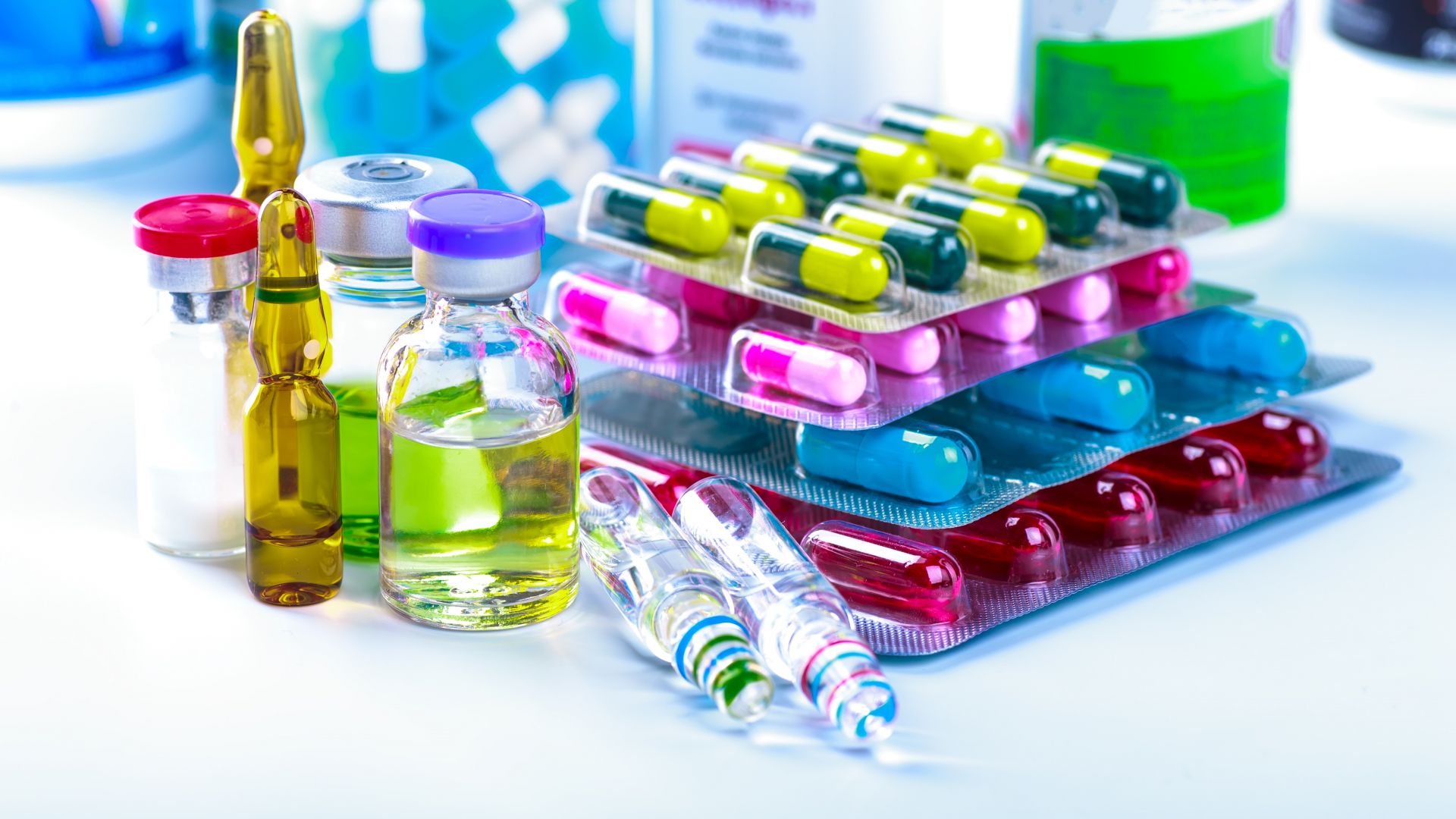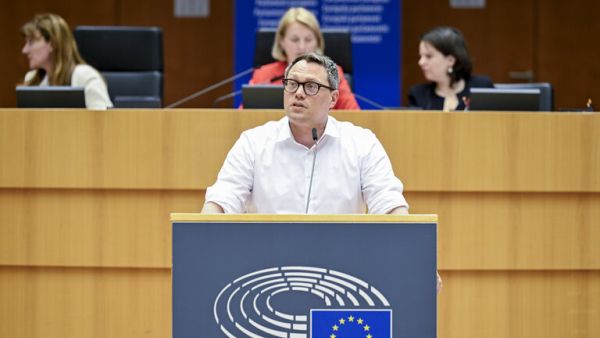MEPs, led by the S&Ds, voted today on the landmark ‘pharmaceutical package’ in the European Parliament’s committee on environment, health and food safety. Its goal is to ensure better access, availability and affordability of medicines in the Union.
The S&D Group has been calling for a European Health Union since March 2020, with the ‘pharmaceutical package’ as its centrepiece. The pandemic highlighted critical shortages and the disparity in access to medicines across EU member states, but also between wealthier and poorer citizens – an unacceptable situation for the Socialists and Democrats.
Against intensive industry lobbying, the S&Ds managed to negotiate a compromise which improves and modernises the regulatory framework, as well as takes steps towards addressing underserved disease areas and access to medicines across all EU countries.
Tiemo Wölken, S&D coordinator for the environment, health and food safety committee and European Parliament’s lead negotiator on the regulation of the ‘pharmaceutical package’, said:
"Today's committee vote on the 'pharmaceutical package' marks a step forward in our pursuit of a fairer, more accessible healthcare system for all citizens of the European Union and a more robust pharmaceutical framework. As a group, we pushed for improved access to medicines, while addressing critical challenges such as shortages and antimicrobial resistance. The update of this legislation is badly needed to not just strengthen our healthcare infrastructure, but also to reinforce our collective resilience in the face of future health crises."
"Under the S&Ds’ leadership, the package puts forward measures to tackle shortages of medicinal products, such as a stronger transparency and reporting requirements for manufacturers and wholesalers. Moreover, we significantly strengthened communication and transparency towards patients and healthcare professionals. At the same time, it encourages innovation by supporting research on solutions to unmet medical needs, especially in the area of rare diseases.
"Thanks to the S&Ds, this new legislation calls for the prudent use of antimicrobials and the development of new ones to curb the growing threat of antimicrobial resistance, which is responsible for over 35,000 deaths every year in the European Union. Overuse of antimicrobials leads to resistance, making infections harder to treat and increasing the risk of disease transmission, severe illness, and death. With the creation of incentives like milestone payments, we want to support companies throughout the whole development process of novel antimicrobials. The possibility for joint procurement of antimicrobials coupled with a subscription model payment system will generate income without having to push the new drug to the market, hence delinking the volume of sales from the contract and helping to overcome market failures.
"Learning from the Covid-19 pandemic, this law will make the regulatory framework more efficient by shortening the duration for marketing authorisation and creating an accelerated process for approving medicines, benefiting both regulators and companies involved in medicine production."
Nicolás González Casares, S&D MEP and negotiator on the directive of the ‘pharmaceutical package’, said:
"The revision of the pharmaceutical legislation is a very much needed step forward towards a stronger European Health Union. This legislative package aims to ensure innovative, effective, safe, accessible and affordable medicines for all Europeans, while fostering pharmaceutical research and innovation in Europe and minimising the impact of pharmaceutical contamination on the environment.
“Patients’ needs were always at the centre of all amendments tabled by the S&Ds. Nowadays in the EU, there are unacceptable inequalities between member states, with some patients only getting access to the treatments years after they were authorised. This is related to high prices of innovative medicines and specific commercial interests. In this revision, we asked for more transparency in the public funding that pharmaceutical companies receive, to ensure fairer prices and return on public investments. We also prohibited unlawful patent linkage so that affordable generic medicines can reach the market as soon as possible, creating competition and increasing accessibility.
“During the negotiations, the S&Ds managed to increase the measures set by the Commission regarding environmental protection, requesting an environmental risk assessment for the whole life cycle of medicines, including manufacturing inside and outside the EU, to create a level playing field.
“Regarding the scheme of incentives that the innovative pharmaceutical industry receives when placing new medicines in the European market, despite the intense external pressure, the S&Ds managed to control the excessive data and market protection that other groups were requesting. While innovation should be incentivised and rewarded, it should never be done in a way that poses unbearable pressure on our public health systems or that hampers access for patients.”












